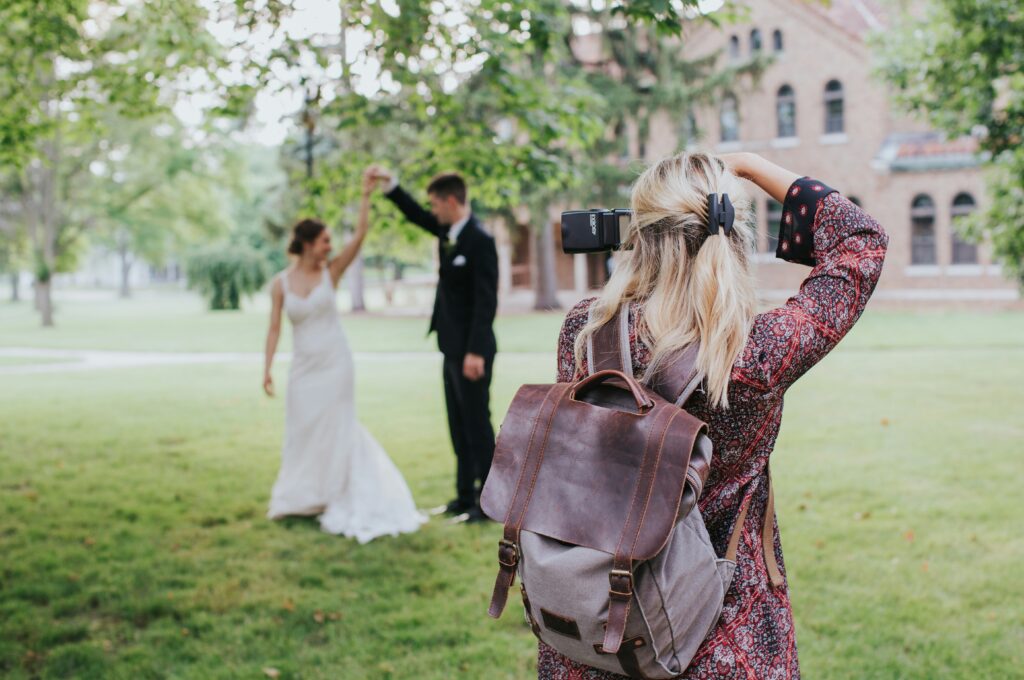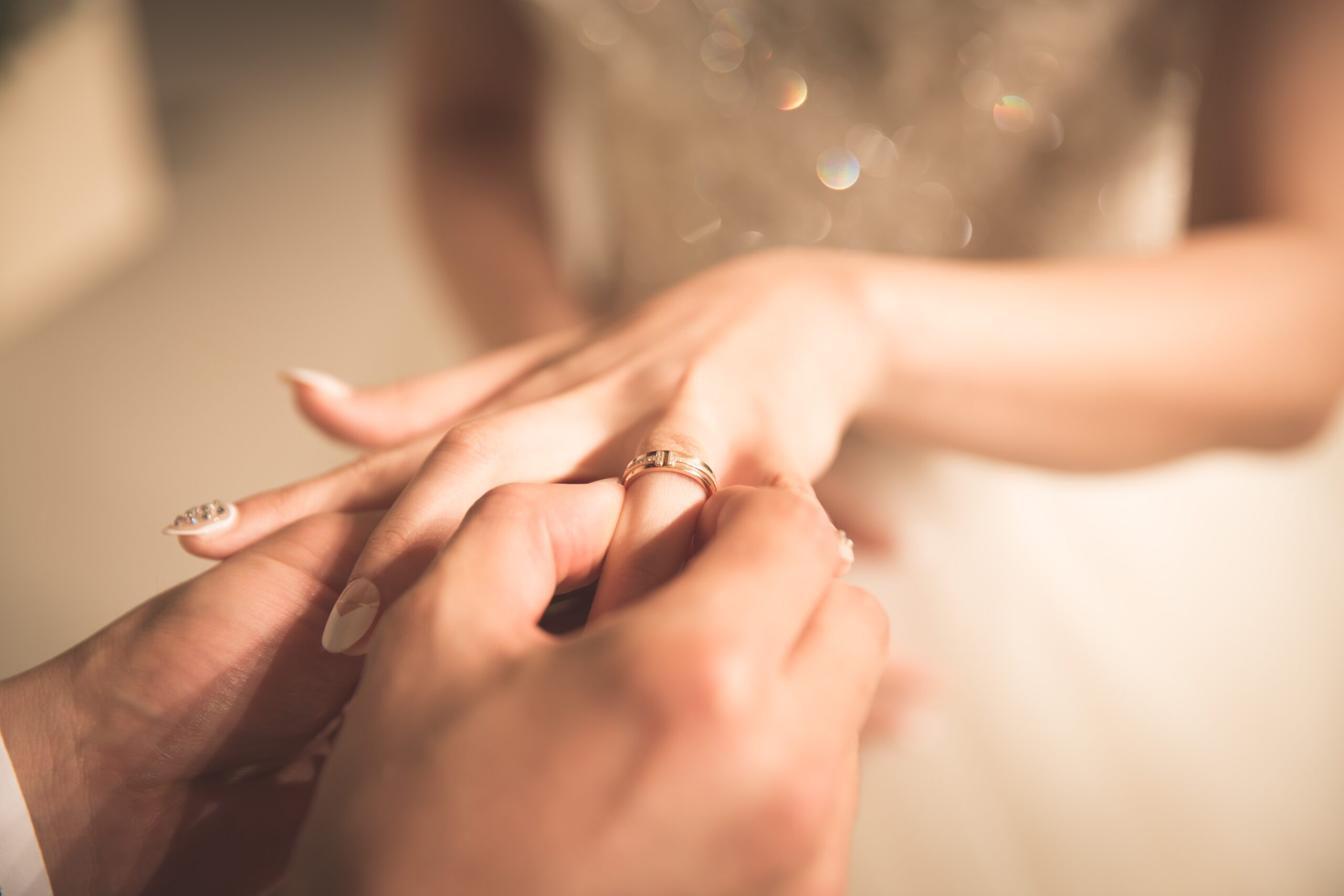
Your wedding day is one of the most special and memorable moments of your life, so it’s only natural to want every detail perfectly captured. Choosing the right wedding photographer is an essential step in ensuring your love story is told beautifully and authentically. Whether you’re balancing a busy schedule with college, studying for exams, or even helping with wedding-related homework, finding time to research and decide can feel overwhelming. Yet, knowing how to find a wedding photographer who understands your style and needs can make all the difference.
Wedding photography is about more than just taking pictures. It’s about creating a visual narrative that reflects your unique connection as a couple. However, with so many options available, how do you narrow it down to the perfect choice? Like students tackling complex assignments, couples should approach this decision methodically, breaking it into manageable steps. The goal is to ensure that you’re comfortable and confident in your decision, much like how thorough learning leads to academic success.
In this guide, we’ll explore practical tips to help you choose a wedding photographer who aligns with your vision, style, and budget. Whether you’re planning a small intimate ceremony or a grand celebration, this article will empower you to make an informed choice that results in timeless memories.
Why Wedding Photography Matters
Before diving into the process of selecting a photographer, it’s important to understand why photography is such a vital aspect of your wedding day.
Preserving Memories Forever
Your wedding day is a once-in-a-lifetime event, and photographs serve as a tangible reminder of the love, joy, and emotions shared on that day. Just as students keep notes and materials to revisit lessons from school, your wedding photos become a cherished archive of those special moments.
The Psychology of Photographs
Wedding photography is not just about capturing moments; it’s about preserving memories that last a lifetime. According to research on the psychology of memory, photographs can evoke deep emotional responses and enhance long-term recollection of important events. This makes wedding photography a crucial investment for couples who want to relive their special day in vivid detail.
For those interested in the unique traditions that make weddings so memorable, the Smithsonian Institution offers a fascinating article on the surprising history of the wedding cake, from its ancient Roman roots to its modern significance (The Strange History of the Wedding Cake).
Telling Your Unique Love Story
A skilled photographer doesn’t just document events—they tell a story through their lens. The right photographer will capture candid emotions, meaningful glances, and moments of pure joy, ensuring that your wedding album feels like a living, breathing narrative.
Step 1: Determine Your Photography Style
Explore Different Styles
Here are some popular wedding photography styles to consider:
- Traditional: Classic posed photos with family and friends.
- Photojournalistic: Candid, unposed shots that tell the story of your day.
- Fine Art: Creative, dramatic, and artistic compositions.
- Moody: Darker tones and rich contrasts to evoke deep emotions.
Review portfolios on social media platforms or wedding blogs to learn what resonates with you. This is similar to students exploring different fields of study to discover their interests.
Think About Your Personality
Are you comfortable with posed photos, or do you prefer candid moments? Knowing your preferences helps narrow down your options when selecting a photographer.
Step 2: Research Potential Photographers
Ask for Recommendations
- Reach out to friends, family, or colleagues who’ve recently gotten married for recommendations.
- Check online platforms like The Knot, WeddingWire, or local directories for top-rated photographers.
Browse Portfolios
Visit photographers’ websites and social media pages to study their portfolios. Evaluate their editing style, use of lighting, and ability to capture emotions. Don’t forget to check out our main page for stunning examples of artistic wedding photography.
Step 3: Set Your Budget
Understand Pricing Structures
Photography prices vary widely based on experience, location, and included services. Many photographers offer packages, which might include extras like:
- Engagement photoshoots.
- Wedding albums or prints.
- Additional hours of coverage.
Allocate Priorities
Photography is one of the most valuable wedding investments. If you’re looking for unique and creative approaches to your photos, make sure to check out our article on innovative wedding photography. It offers fresh ideas to help make your wedding photos truly one-of-a-kind.
Step 4: Schedule Interviews with Photographers
Prepare Questions to Ask
During your consultations, ask questions such as:
- Have you photographed weddings of similar size or style?
- What’s your turnaround time for delivering photos?
- Do you offer retouching or editing services?
- What happens if you’re unavailable on the wedding day?
Assess Compatibility
Your photographer should not only be skilled but also someone you feel comfortable working with. Much like a good professor or tutor, they should inspire confidence and support your vision.
Step 5: Read the Fine Print
Review the Contract
Before signing, ensure the contract includes:
- Payment schedule.
- Deliverables (number of photos, albums, etc.).
- Timelines for delivery.
- Cancellation or refund policies.
Understand Copyright Terms
Some photographers retain copyright to the images they capture. Confirm whether you’ll receive full-resolution files and printing rights.
Relevant Statistics on Wedding Photography
The global wedding photography market has grown significantly, with couples in the U.S. spending an average of $2,500 to $4,000 on professional photography services. According to a report from The Knot (source), wedding photography typically accounts for 10-12% of the total wedding budget. This highlights how essential photography is in preserving memories and capturing emotions on the big day.
Bonus: Avoid Common Mistakes
- Skipping the Contract: Always have a written agreement to avoid misunderstandings.
- Focusing Only on Price: While budget is important, don’t sacrifice quality for a lower price.
- Forgetting Backup Plans: Ensure the photographer has contingency plans for emergencies.
Tips for Students Balancing Studies and Wedding Planning
- Time Management: Use planners or scheduling apps to balance studying, homework, and wedding planning.
- Delegate Tasks: Don’t hesitate to ask friends or family for help with research or other assignments.
- Stay Organized: Keep a checklist of tasks to avoid feeling overwhelmed.
Conclusion
Making the right decision about how to choose a wedding photographer takes time and effort, but it’s well worth it. By researching styles, interviewing candidates, and reviewing contracts thoroughly, you’ll find a photographer who aligns with your vision and expectations.
Whether you’re juggling school assignments, learning time management, or tackling wedding planning, remember to take this process one step at a time. Like every well-executed project, choosing the perfect photographer requires preparation, patience, and trust.
